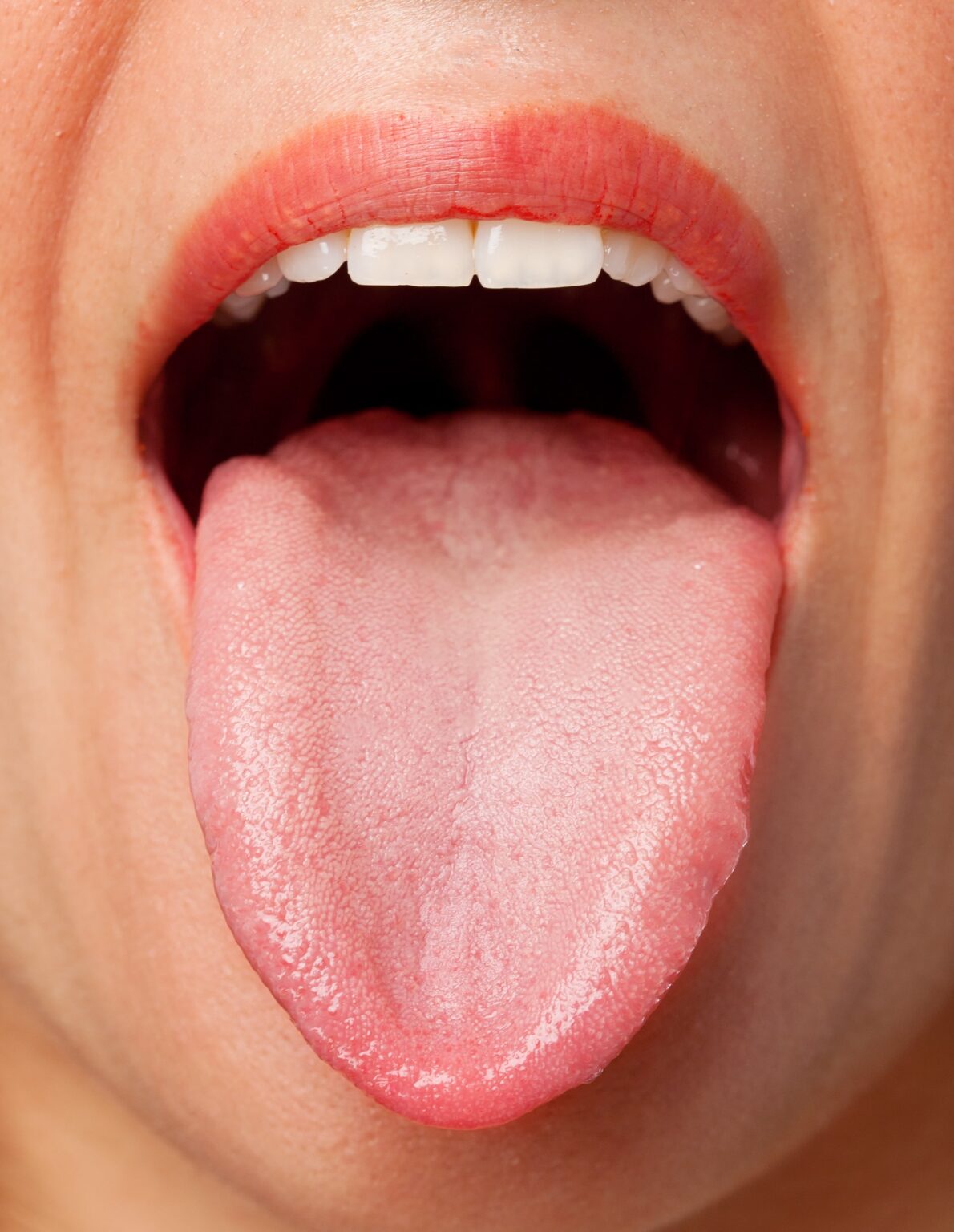Whereas tongue twisters, lollipops, and pulling faces at your siblings and friends may lead you to believe that tongues are only for fun, did you also know that tongues are organs?
The tongue is an important sensory organ that helps us talk, taste, digest, and eat. Often the strongest muscle, it is the only one in the body that functions without help from your skeleton.
This unique organ located in the oral cavity is anchored inside your mouth by webs of strong tissue, and it’s covered by mucosa (a moist, pink lining that covers certain organs and body cavities). Your tongue is also covered with different types of papillae (bumps) and taste buds.
All of these facilitate not only the perception of gustatory stimuli but also play important roles in mastication and deglutition. As a digestive organ, your tongue moves food around your mouth to help you chew and swallow. Additionally, the tongue is an integral component of the speech pathway, helping with articulation. It assists in making different sounds, so you can speak and form words clearly. Your tongue also helps keep your airway open so you can breathe properly.
“Your tongue is as unique as you are, just like your fingerprint.
Doctors frequently check our tongues for health indicators. A yellow tongue suggests a fever or stomach problems, but a pink tongue denotes excellent health. Similar to oral thrush, a white tongue can be a sign of fungal infections like candida.
Taking appropriate care of your tongue lowers the chance of hazardous oral bacteria and maintains its health. See your doctor as soon as possible if your tongue starts to hurt or changes in appearance. They can assist in locating the issue and determining whether your symptoms are connected to any underlying medical conditions.



